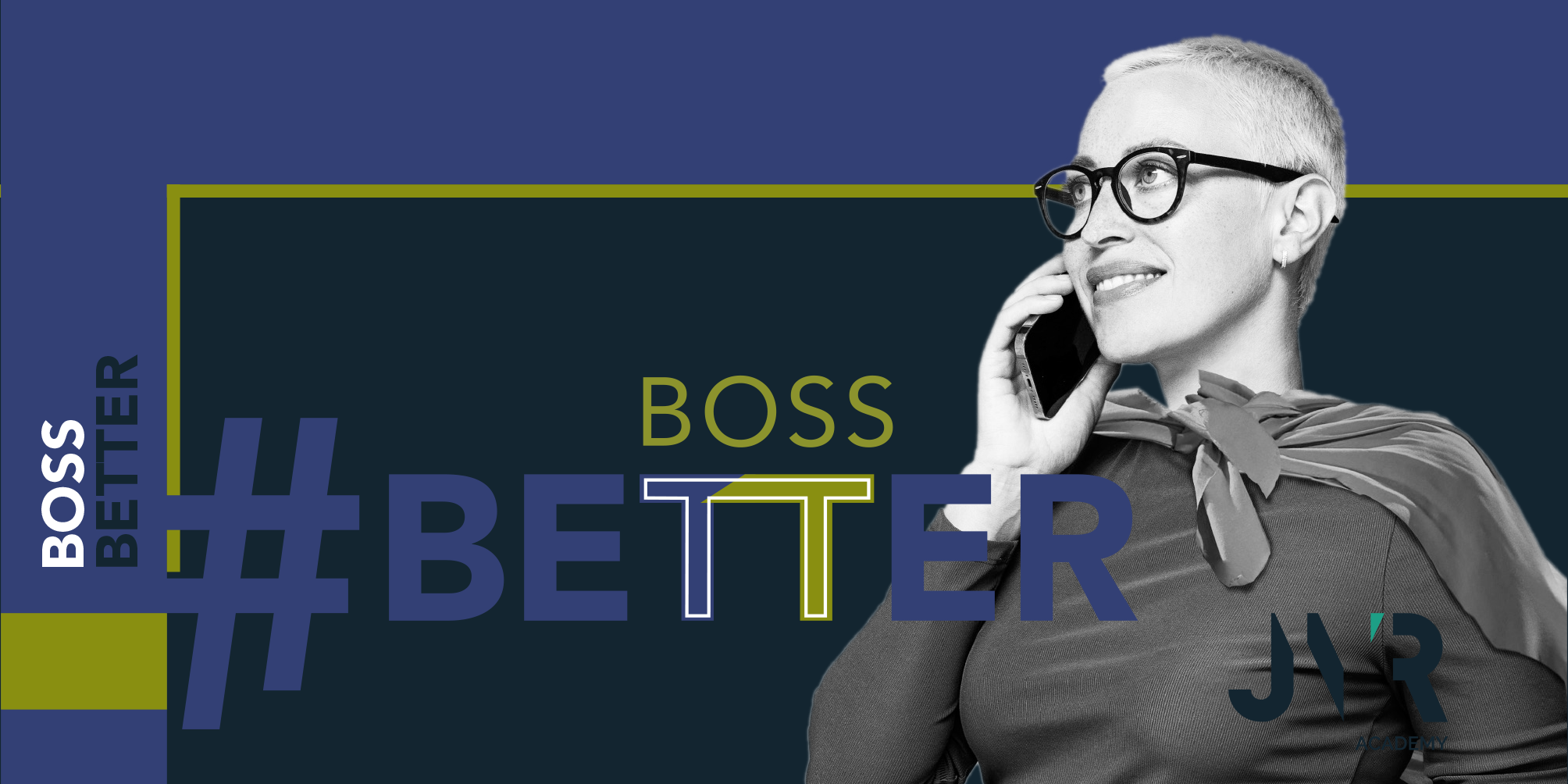These simple, yet powerful words remind us of a truth we often overlook in the fast-paced, target-driven world of work: real value doesn’t come from holding on tightly to what we have, but from reaching out and sharing with others.
When it comes to organisations, this idea forms the heart of corporate social responsibility (CSR). It’s not just a buzzword or a tick-box activity—it’s about doing the right thing, for the right reasons.
What is corporate social responsibility?
At its core, corporate social responsibility is a business approach that goes beyond profit. It’s about organisations recognising their impact on society and the environment and taking meaningful steps to contribute positively. Social Responsibility is a key skill within MHS’s Emotional Intelligence model, representing an individual's willingness to contribute to society and the welfare of others. It reflects a person's social consciousness and their commitment to acting responsibly within their community. CSR can take many forms: supporting education, helping local charities, investing in sustainability, or encouraging employee volunteerism.
It’s not about perfection. It’s about intention—choosing to be a force for good in the community while running a successful organisation.
Why should organisations reach out?
We need to reach out because it matters - and because people notice.
When companies extend a hand to help others, they not only uplift those in need, but they also build stronger, more trusting relationships with their customers, employees, and communities.
Think about it: wouldn’t you rather support a brand that cares about the world around them? Wouldn’t you feel more engaged working for an organisation that gives back?
People want to be part of something bigger than just a bottom line.
The benefits of supporting the community
The rewards of social responsibility go far beyond good press. Here’s what organisations stand to gain:
Stronger community ties
Supporting local initiatives builds trust and goodwill. A connected, cared-for community is more likely to support your business in return.Employee engagement
Employees feel proud to be associated with companies that care. It boosts morale, loyalty, and even productivity when staff know they’re contributing to something meaningful.Reputation and brand value
A socially responsible organisation builds a positive public image. Customers are increasingly values-driven—they’re watching where companies spend, support, and stand.Sustainable success
CSR is not a short-term PR strategy—it’s about building a long-term, sustainable relationship with society and the planet - and that leads to long-term business success.Personal growth and perspective
CSR humanises the workplace. It reminds us that beyond reports and meetings, we are people, connected to other people. Reaching out teaches empathy, compassion, and gratitude.
A final thought
Mandela’s words remind us of something deeply human: generosity multiplies. The more we give, the more we grow. Social responsibility doesn’t take away from your organisation—it adds depth, meaning, and value.
So, whether it’s mentoring young people, cleaning up a park, sponsoring a school, or supporting a local entrepreneur—every act counts. In fact, it may be the most important work your organisation does.
The miracle is this: the more we share, the more we have.
Reference:
Book, H.E. & Stein, S.J. (2011). Emotional intelligence and your success. Jossey-Bass.
Share this post
Newsletter
Get up-to-date industry news right in your inbox



